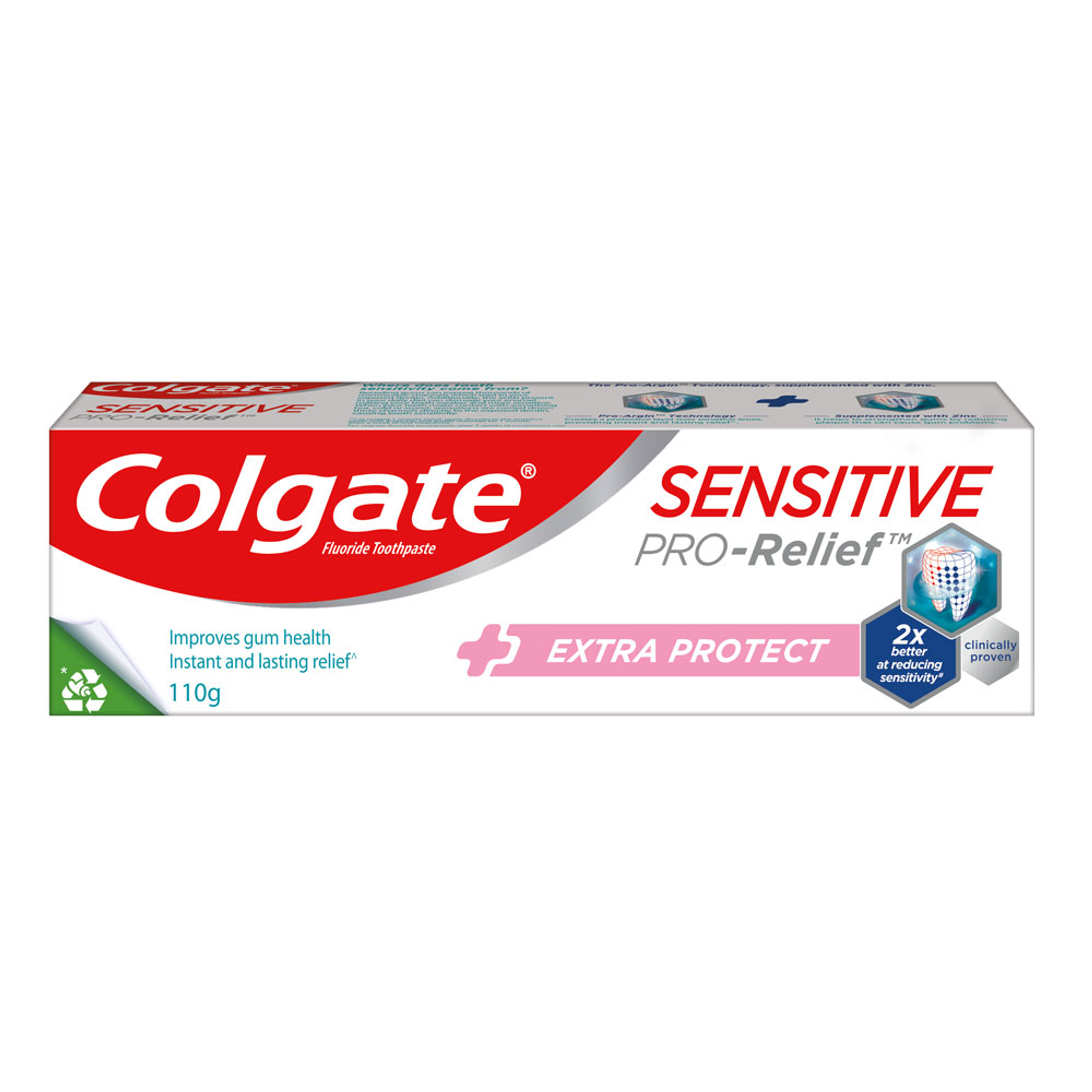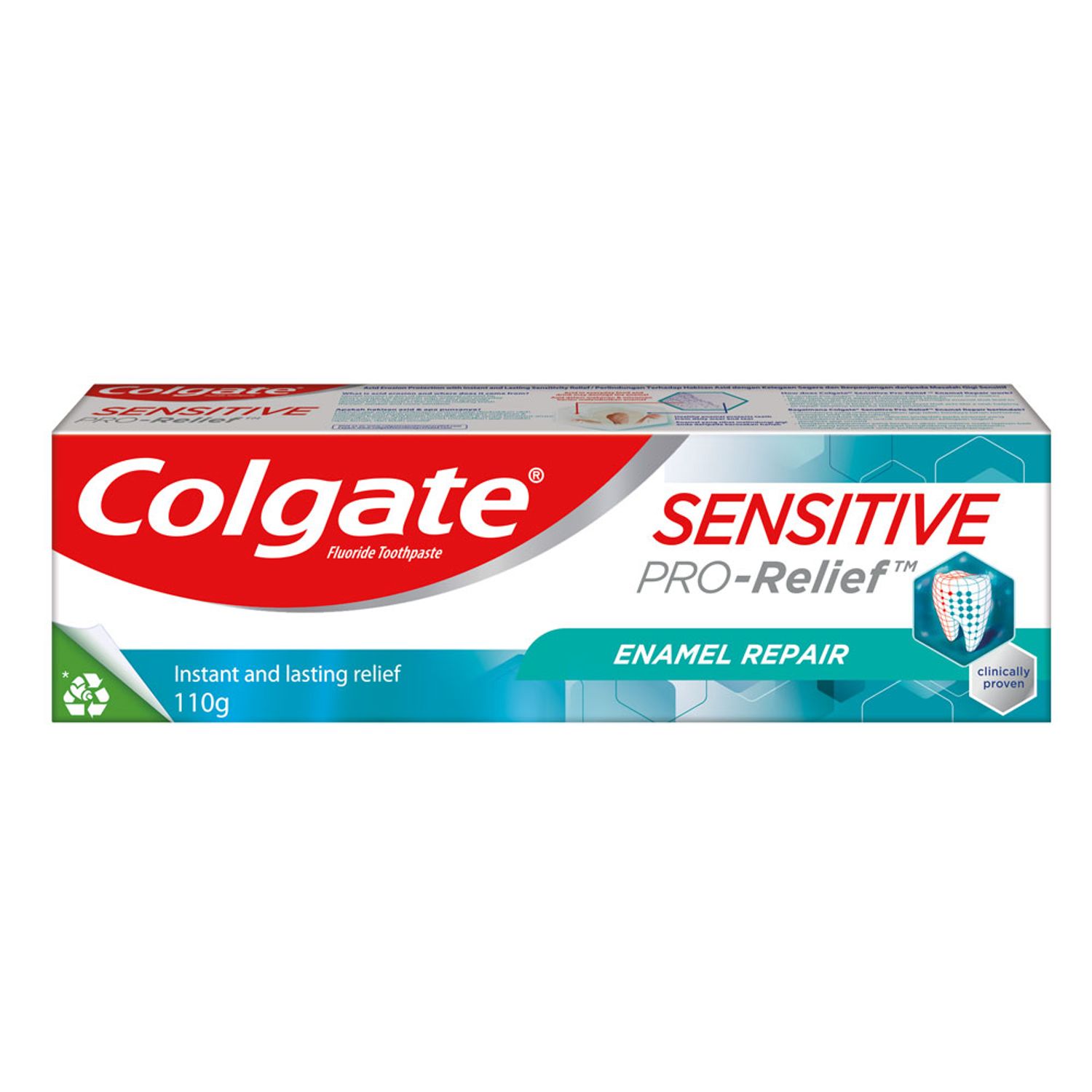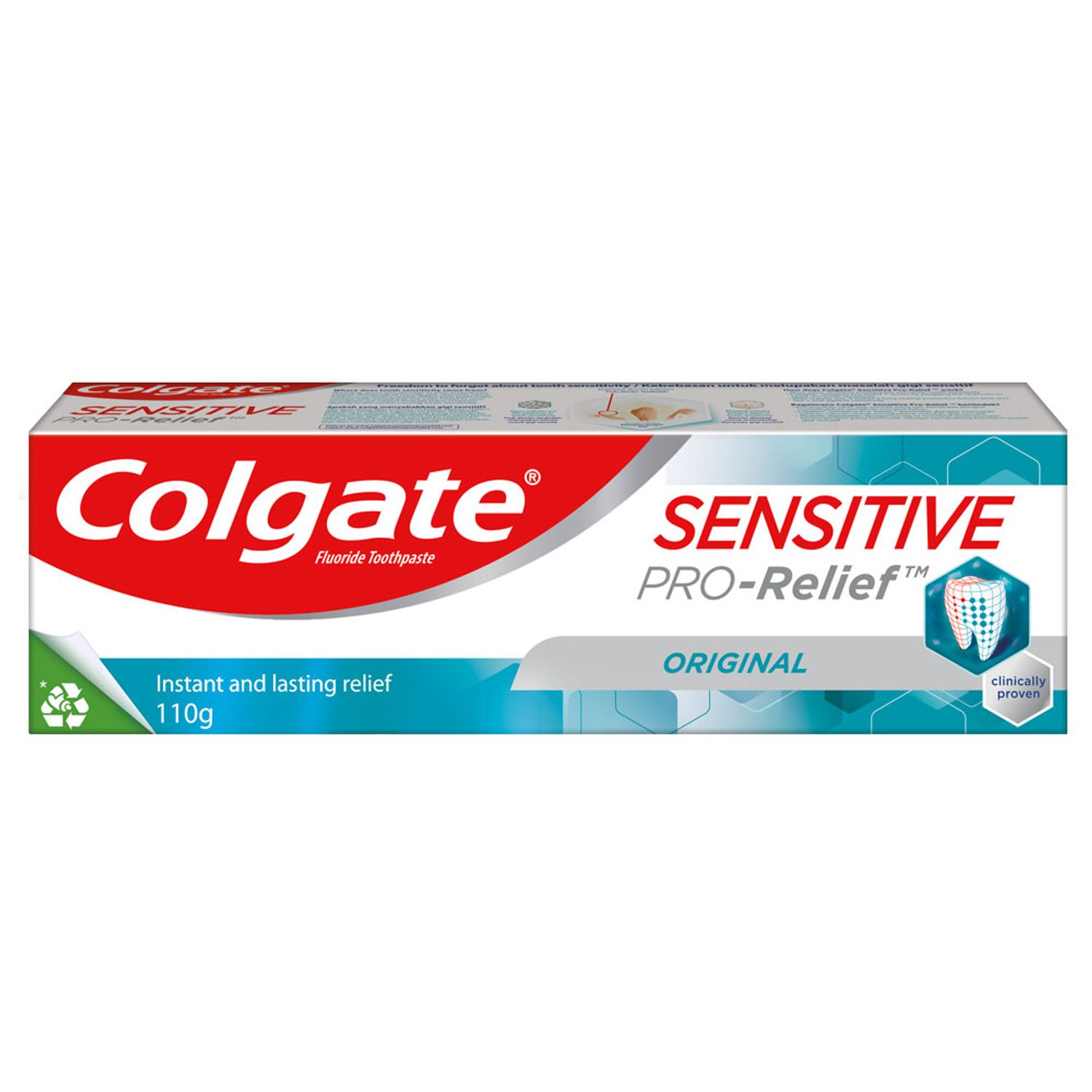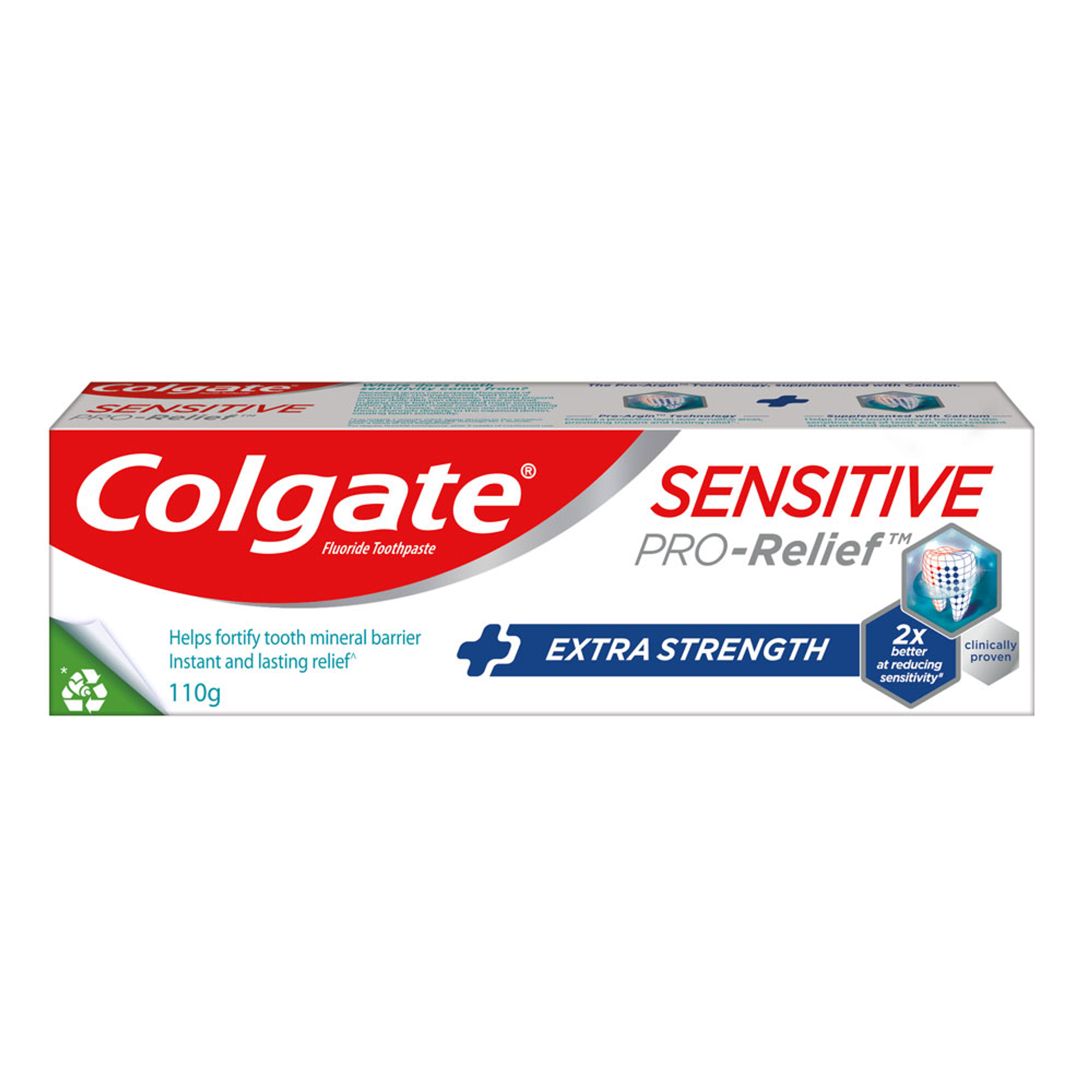What is Enamel Erosion?
The basic question to start with is, ‘What is enamel?’ Tooth enamel is simply the outermost layer of your teeth. It is one of the toughest substances in your body and plays an important role in protecting your teeth from daily wear and tear. However, it can get damaged.
Enamel erosion happens when this protective layer gradually wears away, often due to repeated exposure to acids. Your diet, like sodas, citrus fruits, vinegar, or conditions like acid reflux, can cause dental erosion. Once the enamel is lost, it does not grow back. That is why recognising early signs and taking steps to protect your enamel is crucial.
Some of the most common causes of severe enamel wear include gastroesophageal reflux disease (GERD), frequent vomiting due to eating disorders, teeth grinding (bruxism), and poor dental care over time. These can all lead to severe cases of erosion that require professional intervention.
Common Signs and Symptoms of Enamel Erosion
Enamel loss does not happen overnight. It is usually a slow process, and many people do not realise it is happening until symptoms appear. Knowing what to look for can help you take action early and protect your teeth enamel from further damage.
Here are some of the most common signs and symptoms of enamel erosion:
Tooth Sensitivity: This is one of the earliest signs. You may feel discomfort or pain when consuming hot, cold, sweet, or acidic foods and drinks. This is heightened if saliva production is reduced due to conditions like xerostomia (dry mouth).
Tooth Discolouration: As enamel thins, the underlying dentine (which is yellowish) becomes more visible. This can make your teeth appear dull or yellow, particularly near the gumline, where erosion often begins.
Rough or Uneven Edges: Teeth may start to look uneven or have a rough, jagged edge due to gradual wear or abrasion. It could be caused by aggressive brushing or grinding.
Visible Indentations: Tiny dents or cupping can appear on the surface of your teeth, especially on the biting edges, weakening the structure over time.
Chipping or Cracking: Weakened enamel can lead to small chips or cracks, even from normal chewing. This can eventually contribute to loss of tooth if left untreated.
If you are noticing one or more of these symptoms, it may be a sign that your tooth enamel is under attack. Reduced saliva production, poor oral hygiene, and dry mouth can speed up this process. It is essential to take timely action to prevent further damage and preserve your smile.
How Enamel Erosion Leads to Sensitive Teeth
If you have ever felt pain while enjoying a scoop of ice cream or sipping hot tea, you know how uncomfortable sensitive teeth can be. But have you ever wondered why teeth become sensitive in the first place? The answer often lies in enamel erosion.
Your tooth enamel acts as a protective shield. When this layer wears down, it exposes the underlying dentine, which is a softer, porous layer that contains tiny tubules connected to the nerve of your tooth. Without enamel as a barrier, external triggers like temperature changes, sweets, or acids can easily reach the nerve endings, causing that sharp, sudden discomfort we associate with tooth sensitivity.
The more your enamel wears away, the more vulnerable your teeth become. So, how to treat sensitive teeth if enamel erosion is the root cause? There are several treatment options available. Early care and prevention can go a long way in keeping sensitivity under control and protecting your smile.
Treatment Options for Enamel Erosion and Sensitive Teeth
While enamel cannot regenerate naturally, there are several effective solutions available, including enamel damage treatment. It helps to reduce discomfort and prevent further deterioration. Depending on the severity of damage, tooth erosion treatment can vary. There are simple at-home care routines, as well as professional dental procedures.
If you are someone looking for expert help or practical tips on how to fix sensitive teeth from enamel erosion, here are your best options.
Professional Dental Treatments
When enamel erosion becomes more advanced or is the result of underlying health issues, your dentist may recommend restorative options to protect your teeth and ease sensitivity. Here are some enamel damage treatment options your dentist may suggest:
Fluoride Treatments: Strengthen the remaining enamel and reduce sensitivity. This is helpful, especially for early to moderate erosion.
Dental Bonding: A tooth-coloured resin is applied to cover exposed dentine and protect the tooth’s surface.
Crowns or Veneers: In severe cases, these can restore the appearance and function of teeth with significant damage.
Gum Grafting: If erosion is linked with receding gums, grafts can help cover exposed roots and reduce further wear.
In some situations, especially if enamel thinning is due to developmental issues, your dentist may also discuss enamel hypoplasia treatment options personalised to your needs. Enamel erosion treatment cost may vary depending on the procedure, extent of damage, and clinic location. However, addressing the problem early can help in preventing costlier procedures in the future.
At-Home Remedies and Daily Care Tips
For mild enamel erosion and sensitivity, consistent daily habits can make a big difference. Here are some of the daily oral care tips that you can follow:
Use desensitising toothpaste formulated for sensitive teeth.
Switch to a soft-bristled toothbrush and avoid aggressive brushing.
Rinse with fluoride mouthwash to help strengthen enamel.
Stay cautious with whitening products.
A common concern for many is, “Does whitening teeth weaken enamel?” Over-the-counter options can sometimes be harsh, so always choose enamel safe teeth whitening products or consult your dentist. Making these simple changes can go a long way in keeping your smile healthy and pain-free.
How to Prevent Further Enamel Loss and Tooth Sensitivity
It is important to remember that once enamel is lost, it cannot grow back. But the good news is, you can take simple steps to prevent further tooth enamel erosion and protect your teeth from becoming more sensitive. Here are some smart habits to follow:
Limit acidic foods and drinks: Citrus fruits, fruit juices, soft drinks, and soda can wear down enamel over time. Try to reduce your intake, use a straw, or rinse your mouth with water afterwards.
Brush gently with a soft-bristled toothbrush: Aggressive brushing could wear away enamel. Brush gently in circular motions and use a soft toothbrush as part of your routine for good oral hygiene.
Wait before brushing after acidic meals: Brushing immediately after consuming acidic items like vinegar or juices can damage softened enamel. Wait at least 30 minutes before brushing.
Stay hydrated: Saliva helps neutralise acids and remineralise enamel. Drink plenty of water and chew sugar-free gum to stimulate saliva production, especially if you experience dry mouth.
Use fluoride products: Fluoride strengthens enamel and helps resist decay. Choose fluoride-rich toothpaste and mouthwash for daily use.
Floss daily: Flossing removes plaque and food particles between teeth that brushing misses. It is an essential part of good oral hygiene.
Wear a nightguard or mouthguard: If you suffer from teeth grinding, a custom mouthguard or nightguard can prevent enamel wear, especially while sleeping.
Get enough nutrients: A balanced diet with calcium and vitamin C supports strong enamel and healthy gums. Include dairy, leafy greens, and citrus fruits in moderation.
Taking these steps helps protect your enamel. It also keeps tooth sensitivity under control for a long time.
When Does Sensitive Teeth Signal Something More Serious
While tooth sensitivity is often caused by enamel erosion, there are other factors that contribute to it. Sensitive teeth can sometimes be a warning sign of an underlying dental issue that needs immediate attention.
If your tooth sensitivity:
Lasts for a long time
Is getting worse
Occurs in a specific area
Is accompanied by swelling, pain, or bleeding gums
It could point to conditions like:
Tooth decay (cavities): As decay progresses, it can reach the dentine and pulp, triggering sensitivity and pain.
Gum disease (gingivitis or periodontitis): Receding gums expose the roots of teeth, which are not protected by enamel and are highly sensitive.
Cracked or fractured teeth: These can expose the inner layers of the tooth, causing sharp pain and sensitivity when chewing or drinking.
Worn fillings or dental work: If past restorations are damaged or loose, they may leave sensitive areas uncovered.
In some cases, internal health issues can also play a role. Conditions like GERD or bulimia can cause stomach acid to come into the mouth often. Over time, this weakens enamel. This can lead to sensitivity, especially in the back teeth.
If you are experiencing persistent or localised sensitivity, do not ignore it. It could be a sign of something more serious, and addressing it at an early stage could help. Always consult a dental professional for proper diagnosis and timely treatment.
When to See a Dental Professional
Tooth sensitivity and enamel erosion can often be managed at home, but not always. Knowing when to see a dental professional can make all the difference in preventing more serious dental problems down the road.
You should schedule a dental visit if you:
Experience persistent or worsening sensitivity
Notice visible changes in your teeth, like thinning, yellowing, or surface indentations
Have pain while chewing, brushing, or eating hot or cold foods
See signs of gum inflammation or receding gums
Suspect damaged teeth, chips, cracks, or cavities in the tooth structure
A qualified expert in dentistry can conduct a full oral examination to pinpoint the root cause of your discomfort. Whether the issue calls for tooth bonding, dental crowns, fluoride treatment, or other restorative measures, early intervention prevents the problem from escalating. Plus, regular dental checkups (ideally twice a year) are essential for maintaining strong enamel and preserving your overall oral health.
Enamel erosion may start slowly, but its impact on your dental health can be long-lasting if left unchecked. From acidic drinks and citric acid in your diet to daily habits that wear down enamel, the causes are many, but so are the solutions. Since tooth enamel is one of the hardest substances in the human body, protecting it should be a priority. Stay informed, practise good oral care, and do not hesitate to seek help from a dentist when needed.
Frequently Asked Questions
Can enamel erosion cause sensitivity?
Yes, enamel erosion exposes the softer dentine underneath, which contains tiny nerve tubules. This makes your teeth more sensitive to hot, cold, sweet, or acidic food and drinks.
How to get rid of enamel sensitivity?
Use desensitising toothpaste, avoid acidic foods, brush gently with fluoride toothpaste, and visit your dentist for treatments like fluoride application or dental bonding.
Does enamel hypersensitivity go away?
Mild enamel sensitivity can improve with proper care, but if the enamel is severely worn down, professional treatment is usually needed to manage or reduce symptoms.
What does enamel sensitivity feel like?
It often feels like a sharp, sudden pain or discomfort when eating or drinking something cold, hot, sweet, or acidic, especially if the enamel is thin or worn.














